In particular, the image of the white-shirted soldier who never falters in any circumstances, charging into wartime and contributing in peacetime mentioned in this article is one of the vivid and clear proofs of the absorption of his thoughts and teachings.
Footprints of white-shirt soldiers in the resistance war
From the past to the present, the image of the white-shirted soldier has always been a symbol of compassion, sacrifice, responsibility and selfless devotion to the health of the people. When the Party calls, when the Fatherland needs, they are always ready to go, present in the most difficult and dangerous places, carrying the noble mission of treating and saving people. In the struggles for national independence and unification, there have been many generations of doctors devoted to their profession, passionate about their profession, not afraid of hardships and dangers, always standing side by side with soldiers on the front lines against the enemy. They undertake the work of caring for and treating wounded soldiers, sick soldiers, comrades and compatriots right in the middle of the fierce battlefield. At that time, they were not only doctors but also true, steadfast and brave soldiers on the front lines of the Fatherland.
To this day, although the war has been over for more than half a century, for many people, the memories of the activities of the health sector during the resistance wars are still sacred and unforgettable. Many doctors, nurses and medical students have heroically fallen, leaving their blood and bones on the battlefield for the ideal of national independence, for the cause of national liberation and unification. They passed away at a very young age, carrying with them the ambition to contribute to the Fatherland with the heart of a physician and the spirit of a revolutionary soldier.
This was also a period of difficulty upon difficulty for the medical sector when it had to face both serious epidemics and bombs and commandos. In the deep forests and mountains, health care conditions were even more lacking, human resources were limited, medicines were scarce, and medical facilities were outdated. Not to mention, in that fierce battlefield, the soldiers in white shirts not only did their professional work but were also ready to transform into living shields, using their bodies to protect patients from the enemy's "rain of bombs and bullets". Doctors at that time had to know how to shoot, how to move, dodge bombs and bullets, and respond to all situations to protect patients and themselves.
Operating in such harsh conditions, Vietnamese medical staff during the resistance war always tried their best with the spirit that they could sacrifice themselves at any time but the patient's life was still the most important. For them, saving a life to serve the war was not only a responsibility but also a special gift. It was this spirit of dedication and nobility that helped the white-shirted soldiers create medical miracles amidst bombs and bullets, making international friends bow in admiration.
For example, during the resistance war against the US to save the country, the field medical system was deployed and saved the lives of tens of thousands of soldiers. Even in the fiercest battlefields, frontline clinics and field hospitals still operated day and night to treat and cure wounded and sick soldiers. From this difficult reality, a series of unique initiatives were born right in the middle of the fire line to overcome the serious shortage of medicine and medical equipment.
Examples include the use of human excrement to make electrolyte replacement drugs, infusions using coconut water, using fish sauce as a protein infusion agent, or inventing drugs to treat malaria, vaccines, mobile operating rooms... All of these ideas demonstrate a strong desire of the white-shirt soldiers in particular, and the health sector in general, to protect the health of soldiers and the people at all costs. At the same time, they mark the creativity and bravery of medical staff during wartime, contributing significantly to the victory day of April 30, 1975.
The noble sacrifice of the white-shirted soldiers at that time was engraved in the nation's history and forged the glorious tradition of the health sector. Historical practice has proven that in the journey of fighting for national independence and unification, the Vietnamese health sector played a particularly important role, always standing shoulder to shoulder with the people of the whole country to fight against the enemy to reach the final victory.
An unforgettable time, a lifetime of dedication
Not only bravely charging into battle during wartime, the image of the white-shirted soldier continues to shine in peacetime with meaningful contributions. Peace is restored, the medical team is present in all regions of the country, silently, quietly, and devotedly contributing to protect, care for, and improve the health of the people and the happiness of every family.
Through countless difficulties and challenges, the Vietnamese healthcare sector has on one hand inherited the great values that previous generations have worked hard to cultivate, and on the other hand, has continuously matured, grown, and maximized its will to conquer new heights. This is clearly demonstrated during the pandemic as well as during natural disasters and catastrophes. When the country needed it, the entire healthcare system has devoted all its efforts, day and night without a minute of rest, to work with the whole country to repel the epidemic and treat patients.
Looking back over 3 years of fighting the COVID-19 pandemic, a war without gunfire but full of hardship, the health sector, as a pioneer "soldier" in disease prevention and control, has successfully completed its mission, contributing to helping Vietnam overcome the pandemic and become one of the countries that "comes later but finishes first". In that war, it is impossible not to mention the efforts of hundreds of thousands of "white-shirt soldiers" who did not hesitate to sacrifice, hardship, and steadfastly fulfill the mission of treating and saving people on the front lines. More than 25,000 experts, medical staff, doctors, nurses, and medical students have put aside their family and personal work to go to the epidemic area to support localities. This is proof that in peacetime, the Vietnamese health sector continues to play the role of a "living shield", caring for and protecting people's health.
 |
A cross-Vietnam heart transplant was successfully performed in Hue in March 2025. (Photo: Hue Central Hospital) |
In addition, in the field of medical examination and treatment, the Vietnamese medical sector has also recorded many breakthrough achievements, marking a strong step forward for the country's medical sector. The team of doctors and physicians has successfully performed many advanced techniques in fields such as intervention in complex malformations from the fetal stage, pediatrics, cardiology, microsurgery, multi-organ transplantation, limb transplantation, stem cell transplantation, endoscopic surgery and many other medical achievements. These achievements have made Vietnamese medicine increasingly mature, integrated, making a strong mark on the world medical map and being highly appreciated by international friends.
Notably, regarding the imprints on the Vietnamese organ transplant map, after 33 years since the first human organ transplant, the number of organ transplants nationwide has now reached more than 9,500 cases. With more than 1,000 transplants per year, Vietnam is currently the country with the highest organ transplant rate in Southeast Asia. In particular, it is necessary to mention the cross-Vietnam organ transplants as a bright spot with great humanitarian significance. The successful journeys to bring hearts and livers over thousands of kilometers not only affirm the Vietnamese medical team's mastery of cutting-edge techniques in organ transplants but also demonstrate the spirit of dedication of the white-shirted soldiers in the breathless race against time to save the lives of patients.
Over time, from the frontline medical station amidst the flames of war to today's cross-Vietnam organ transplant journey, it can be seen that although many things have changed, the image of the white-shirted soldiers remains intact and unchanged. They are still a beautiful symbol of compassion, bravery and unwavering dedication to the health and lives of the people. In any circumstance, the Vietnamese medical team remains resilient, persistent and unyielding - like the flame that never goes out in the hearts of those who carry the mission of curing and saving lives.
Source: https://baophapluat.vn/hinh-anh-nguoi-chien-si-ao-trang-xong-pha-thoi-chien-cong-hien-thoi-binh-post547014.html



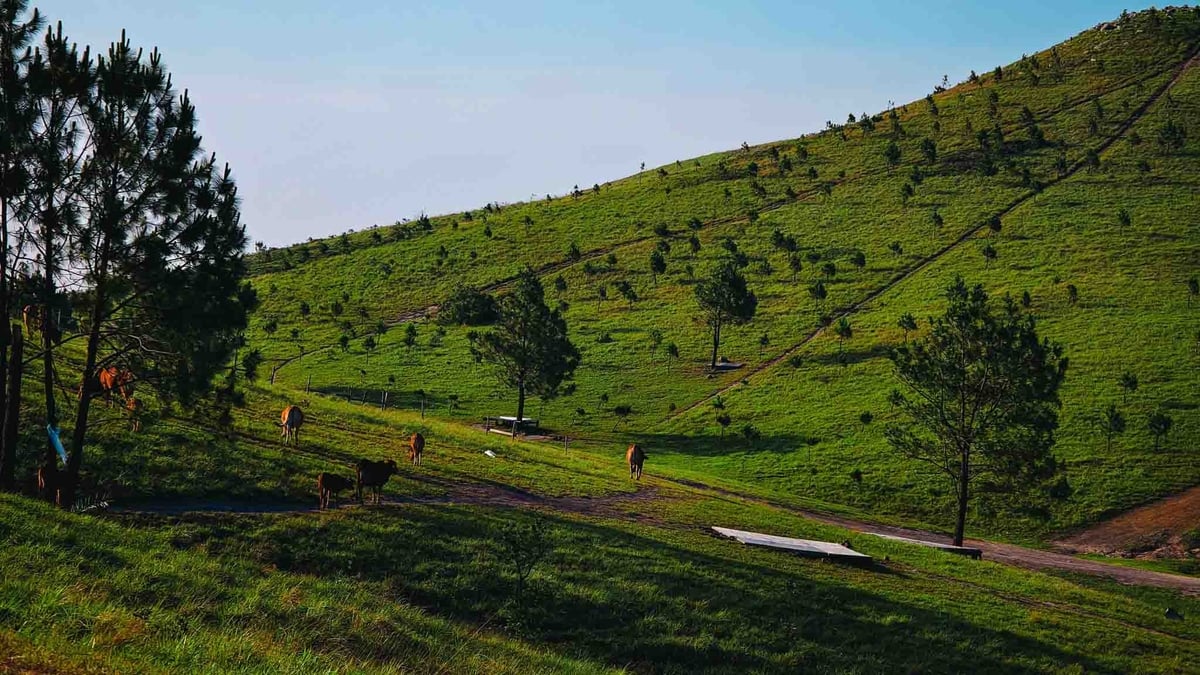

![[Photo] Determining the pairs in the team semi-finals of the National Table Tennis Championship of Nhan Dan Newspaper](https://vphoto.vietnam.vn/thumb/1200x675/vietnam/resource/IMAGE/2025/5/21/eacbf7ae6a59497e9ae5da8e63d227bf)
![[Photo] Prime Minister Pham Minh Chinh attends the groundbreaking ceremony of Trump International Hung Yen Project](https://vphoto.vietnam.vn/thumb/1200x675/vietnam/resource/IMAGE/2025/5/21/ca84b87a74da4cddb2992a86966284cf)
![[Photo] Prime Minister Pham Minh Chinh receives Rabbi Yoav Ben Tzur, Israeli Minister of Labor](https://vphoto.vietnam.vn/thumb/1200x675/vietnam/resource/IMAGE/2025/5/21/511bf6664512413ca5a275cbf3fb2f65)
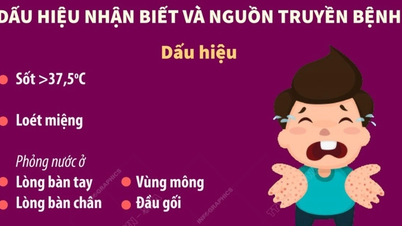



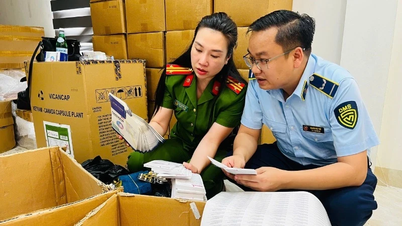

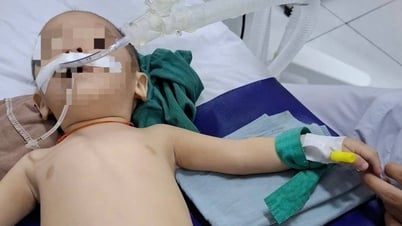

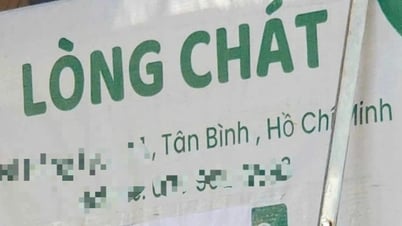
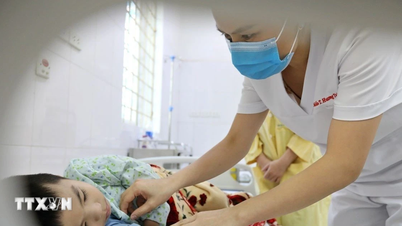







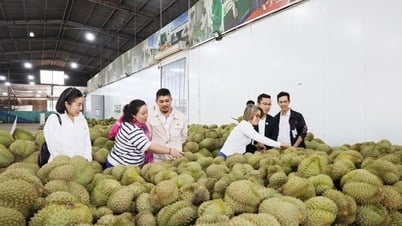










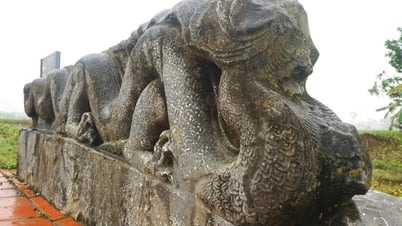



















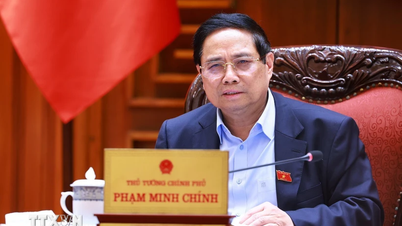
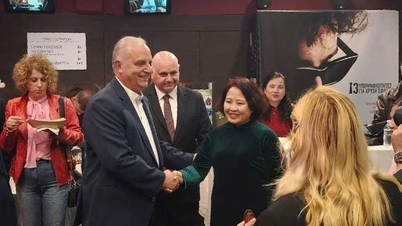
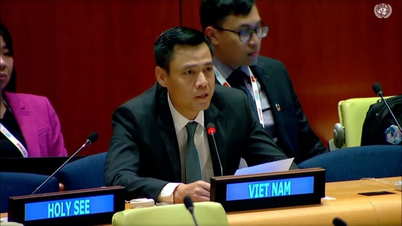


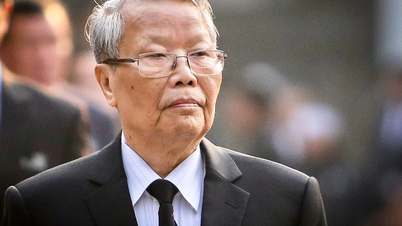



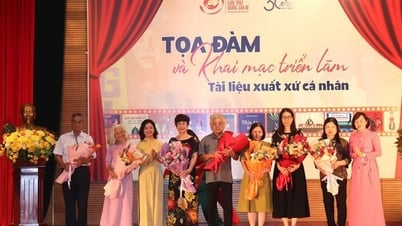









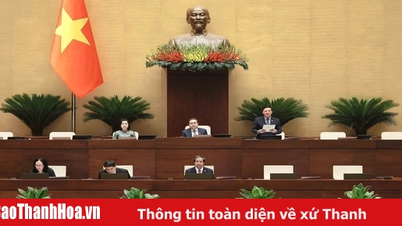

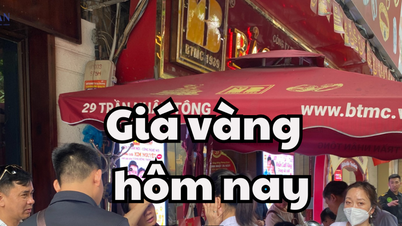

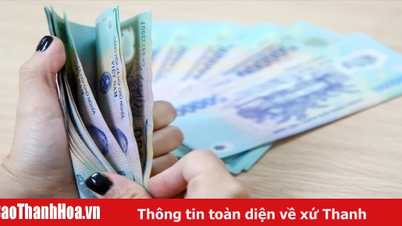

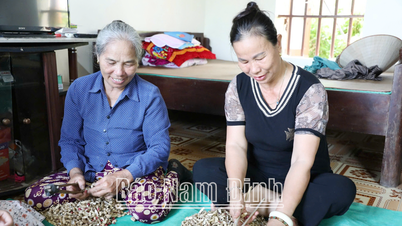











Comment (0)